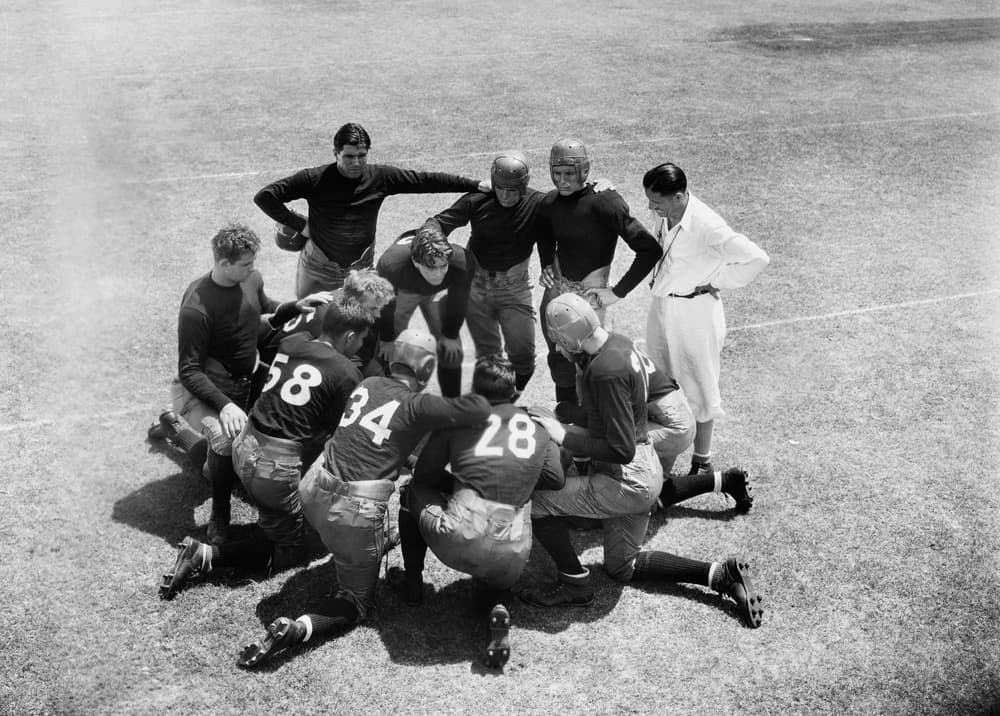
The best way to reduce workers’ comp costs is to reduce claim costs. A major factor in the cost of claims is the quality of claims handling provided by the workers’ compensation adjuster.
There are at least six things an employer can do to improve the results the adjuster obtains for you:
- Get Your Own Adjuster
Too many employers allow the insurance company or the third-party administrator (TPA) to choose their adjuster. If you have more than just a few open workers’ compensation claims at any one time, you are soon to begin to evaluate the effectiveness of adjusters working on your claims. When you know who is the best adjuster or the best two adjusters are, ask the insurer or TPA to assign all your future claims to the adjuster you have selected. Express appreciation for the adjusters not selected, but put some emphasis on why you are requesting a certain adjuster, whether it is better overall results, quality communications, or some other reason.
In the claims office, when an adjuster handles all the claims for a particular client but also handles claims for other clients, the adjuster is referred to as the designated adjuster. If you have 100 plus claims in one claims office, ask for a dedicated adjuster who handles claims only for your company. Know the difference between these two types of adjusters. The benefits of having either a “designated” adjuster or a “dedicated” adjuster include:
- Becoming more important to the adjuster as the adjuster knows she/he will be dealing with you frequently.
- The adjuster learns what you as the employer consider essential and tailors their work to meet your needs or desires.
- The adjuster learns more about your company and knows who to contact with questions or to obtain information, making the claims process flow smoothly
Click Link to Access Free PDF Download
“How Do I Get My Adjusters To Follow My Account Handling Instructions?”
2. Create a Partnership
The quickest way to spoil the working relationship with your adjuster is to treat the adjuster as an inferior. Instead of trying to tell the adjuster what to do on the claims, ask the adjuster what would be the best approach for both yourself (the employer) and the adjuster. With your company and the adjuster striving together to move the claim forward, greater progress will be made.
3. Timely Communication is Key
You do not need to contact the adjuster daily on each file. The best time to contact the adjuster is immediately after you learn some new information the adjuster does not have. This includes everything from calling the adjuster to discuss the details of the accident – which should be done immediately after the employee leaves the accident scene and is going to the doctor – to keeping the adjuster informed about off-work slips. If you learn today that the employee needs an MRI or some other test, notify the adjuster today, not tomorrow or next week.
Communication goes both ways. Let the adjuster know you expect the same timely communications. If the adjuster receives a surprise letter of representation from a lawyer or a medical report obtaining significant new information, the adjuster should be sharing it with you. If the adjuster knows you expect to be kept in the loop on a timely basis, he/she will do so.
4. Know What is Needed
In addition to calling the adjuster whenever you have new information, provide the adjuster with all information at your disposal to assist the claim. If the employee is going to be off work longer than the state waiting period, know how many weeks of earnings history are needed, and provide it on the appropriate state form without the adjuster having to ask for it. If the adjuster will need a job description to assist in getting the employee back to work, forward it to the adjuster before the adjuster has to ask for it.
By providing the information the adjuster needs with the minimum of delay, the adjuster will begin to think of you as their favorite client/employer/insured, and the goodwill results in your files getting the adjuster’s attention first.
5. A *Real* Return-to-Work Program
Adjusters understand better than anyone the sooner the employee returns to work, the easier it will be to resolve the claim. Plan ahead when you have an employee off work due to an injury. Ask for the return-to-work restrictions immediately after the employee’s first medical visit. If you can accommodate modified duty for the employee, do so. It will make the adjuster appreciate you and your company (and it will save your company a lot of money in the long run). If you cannot accommodate the first set of restrictions placed on the employee, keep in touch with the adjuster and as soon as the medical provider raises the restrictions to a level you can accommodate, do so.
6. The Magic Words – Please and Thank You
The job of the adjuster is one of the most unappreciated jobs in the universe. If you want to make your adjuster’s day, try a heart-felt thank you when the adjuster investigates the questionable claim, or continues to pursue a modified duty release from the medical provider, or does anything better than it was done before on your claims. Also, when you do need to make a request, a “Would you please call the employee?” goes a lot further toward getting something done than a command of “Call the employee.”
The results of taking these approaches – in working with your adjuster – will be workers’ compensation claims that get settled quickly and cheaply. This will translate into lower workers’ compensation costs for your company.
 Author Michael Stack, CEO Amaxx LLC. He is an expert in workers’ compensation cost containment systems and helps employers reduce their workers’ comp costs by 20% to 50%. He works as a consultant to large and mid-market clients, is a co-author of Your Ultimate Guide To Mastering Workers Comp Costs, a comprehensive step-by-step manual of cost containment strategies based on hands-on field experience, and is the founder & lead trainer of Amaxx Workers’ Comp Training Center, which offers the Certified Master of Workers’ Compensation national designation.
Author Michael Stack, CEO Amaxx LLC. He is an expert in workers’ compensation cost containment systems and helps employers reduce their workers’ comp costs by 20% to 50%. He works as a consultant to large and mid-market clients, is a co-author of Your Ultimate Guide To Mastering Workers Comp Costs, a comprehensive step-by-step manual of cost containment strategies based on hands-on field experience, and is the founder & lead trainer of Amaxx Workers’ Comp Training Center, which offers the Certified Master of Workers’ Compensation national designation.
Contact: mstack@reduceyourworkerscomp.com.
Workers’ Comp Roundup Blog: http://blog.reduceyourworkerscomp.com/
©2021 Amaxx LLC. All rights reserved under International Copyright Law.
Do not use this information without independent verification. All state laws vary. You should consult with your insurance broker, attorney, or qualified professional.
















